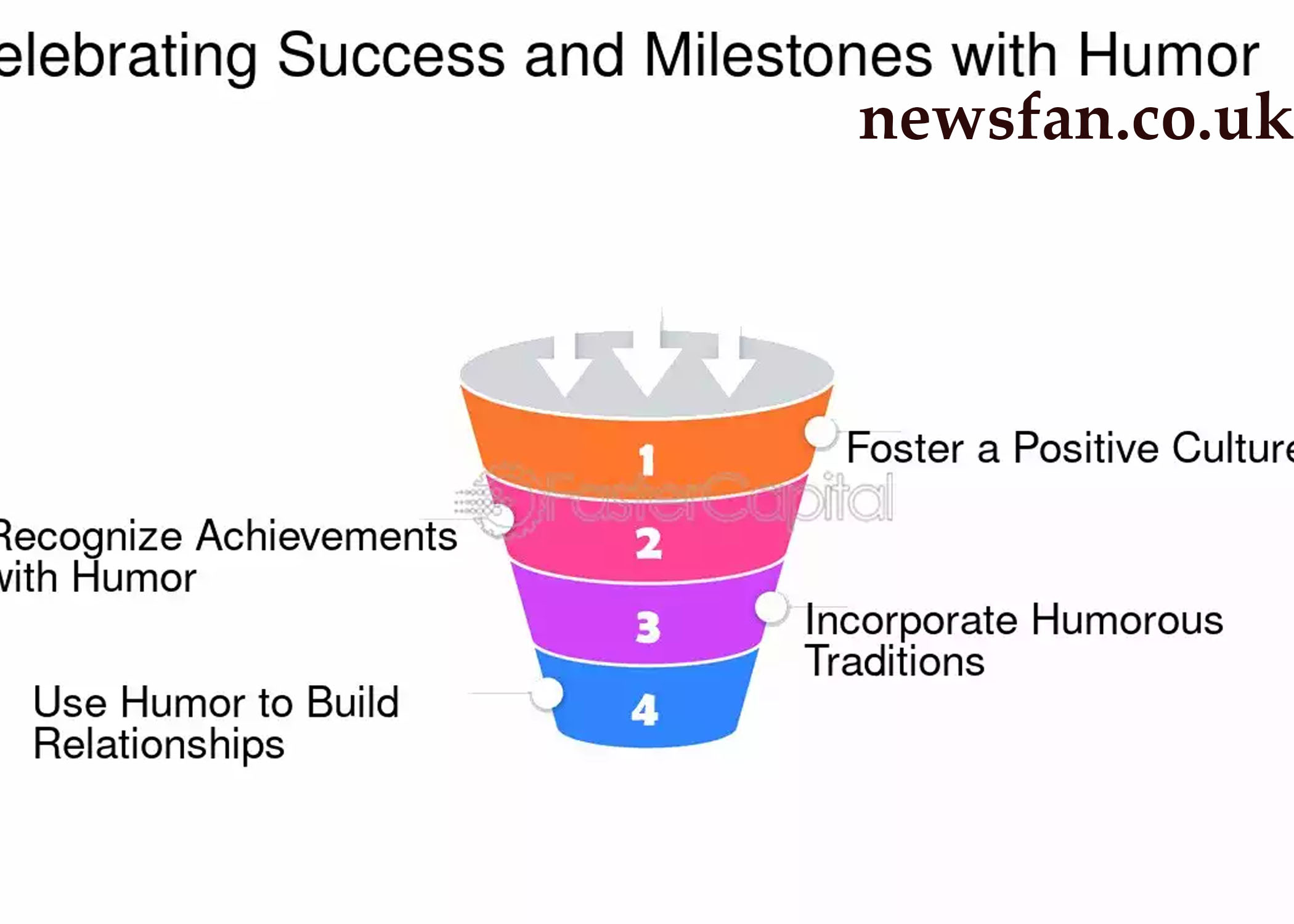In today’s hyper-connected digital age, we are witnessing a subtle but powerful cultural and behavioral shift—often referred to as the fapdemic. This modern-day term, blending “fap” (slang for masturbation) and “epidemic,” highlights an increasing concern around compulsive solo sexual behaviors fueled by easy access to explicit content online. What began as harmless exploration has escalated into a widespread behavioral pattern, especially among men, that’s impacting mental health, productivity, relationships, and even dopamine regulation.
This article takes a deep dive into what the fapdemic actually means, its root causes, the psychological and physiological effects, and the practical strategies that individuals can adopt to regain control over their habits. Whether you’re personally affected or just curious, understanding the dynamics of the fapdemic is a crucial step toward awareness and self-improvement.
What is the Fapdemic?
The term fapdemic is an informal yet increasingly used descriptor for the massive increase in frequent, often compulsive masturbation behaviors—particularly in relation to online pornography consumption. Unlike occasional or healthy sexual expression, the fapdemic points to an excessive, habitual practice that interferes with everyday life.
This isn’t just about libido. It’s about how dopamine-triggering content, instant gratification, and the accessibility of explicit materials have rewired brain responses, especially in younger generations. With platforms offering unlimited content 24/7, the human brain, wired for novelty, falls into a cycle of short-term pleasure at the expense of long-term well-being.
Root Causes of the Fapdemic
1. Unlimited Access to Explicit Content
One of the core reasons behind the fapdemic is the abundance of free, easily accessible adult material online. Algorithms push more extreme content, keeping users hooked in a loop of escalating stimulation.
2. Dopamine Dependency
Masturbation triggers dopamine release—a feel-good chemical in the brain. With repeated exposure, the brain becomes desensitized, requiring more frequent or extreme content to achieve the same “high.” This neurological loop mirrors addiction patterns seen in drug or gambling addictions.
3. Loneliness and Social Isolation
The pandemic years, rise of remote work, and increasing digital immersion have resulted in many people spending more time alone. For some, masturbation becomes a coping mechanism or a substitute for intimacy and real human connection.
4. Lack of Sexual Education
In many parts of the world, sex education fails to address the realities of pornography use and its psychological consequences. As a result, many young individuals grow up without a realistic understanding of sexuality or boundaries.
5. Stress and Escapism
Much like food or gaming, masturbation is used by many as a way to cope with anxiety, stress, or boredom. It offers a temporary escape, even though the long-term consequences can be harmful.
The Effects of the Fapdemic
1. Mental Health Decline
Chronic masturbation can lead to feelings of guilt, shame, and low self-worth. Users often report symptoms like depression, anxiety, low motivation, and difficulty concentrating.
2. Reduced Social Interaction
Overindulgence can make individuals less likely to engage in real-world interactions, resulting in isolation and social withdrawal. This can further reinforce the habit, creating a negative feedback loop.
3. Porn-Induced Erectile Dysfunction (PIED)
Men, particularly younger men, are reporting increased instances of erectile dysfunction that aren’t caused by physical health issues but by overconsumption of porn. The brain becomes accustomed to artificial stimuli and loses arousal with real partners.
4. Relationship Strain
Fapdemic behaviors often cause tension in relationships. Partners may feel emotionally neglected or unvalued, while the affected individual may struggle to connect physically and emotionally.
5. Lowered Productivity and Ambition
Frequent masturbation can result in what’s known as “sexual exhaustion,” leading to lethargy, brain fog, and reduced ambition. Many affected people report wasting hours they could’ve spent building careers, hobbies, or fitness.
How to Break Free from the Fapdemic

1. Track and Understand the Habit
Awareness is the first step. Use habit-tracking apps or journals to identify triggers, frequency, and patterns. This data can help you build targeted strategies.
2. Limit Exposure to Triggers
Install website blockers, change your digital environment, and unfollow social media accounts that push triggering content. Environment matters immensely when trying to change habits.
3. Embrace the ‘NoFap’ Movement
The NoFap community encourages abstaining from porn and masturbation to improve mental clarity, confidence, and motivation. Countless testimonials speak to life-changing improvements after 30, 60, or 90-day challenges.
4. Develop New Coping Mechanisms
Replace the urge to masturbate with physical activities like working out, cold showers, reading, or socializing. Engaging the body and mind helps reset dopamine sensitivity.
5. Seek Professional Help
If the habit feels uncontrollable or is damaging your life, consult a therapist or mental health professional. Cognitive Behavioral Therapy (CBT) is especially effective in managing compulsive behaviors.
Frequently Asked Questions (FAQs)
What does “fapdemic” mean?
Fapdemic is a slang term describing the mass trend of compulsive masturbation and pornography consumption, especially among young people, often fueled by digital overstimulation.
Is masturbation unhealthy?
Masturbation is not inherently unhealthy. However, excessive and compulsive behavior, especially when driven by porn addiction, can lead to mental, emotional, and physical issues.
Can the fapdemic be reversed?
Yes. With conscious effort, lifestyle changes, and support, many individuals have overcome the compulsive behaviors associated with the fapdemic and experienced improved well-being.
How does porn impact the brain?
Porn triggers a dopamine spike, and over time, the brain builds tolerance. This leads to desensitization and potential difficulty in feeling pleasure from natural stimuli, including real-life intimacy.
What is NoFap, and does it work?
NoFap is a movement encouraging people to abstain from porn and masturbation. While it’s not a medical treatment, many participants report benefits like improved focus, energy, and self-confidence.
Can fapdemic habits affect relationships?
Yes. Overreliance on porn and masturbation can reduce intimacy, sexual performance, and emotional connection within relationships, often leading to misunderstandings or breakups.
Conclusion
The fapdemic isn’t just a trending term—it reflects a deeper psychological and societal challenge facing many individuals in the digital age. As more people become aware of how compulsive habits are affecting their lives, the need for practical solutions becomes evident. Whether you’re someone battling this yourself or concerned for others, taking action, seeking help, and embracing healthier behaviors can lead to a transformative journey toward personal growth and better mental health.
Also Read :Muchotorrents: A Deep Dive into Its Use, Legality, and Online Impact




One thought on “Understanding the Rise of the Fapdemic: Impact, Causes, and Solutions”
Comments are closed.